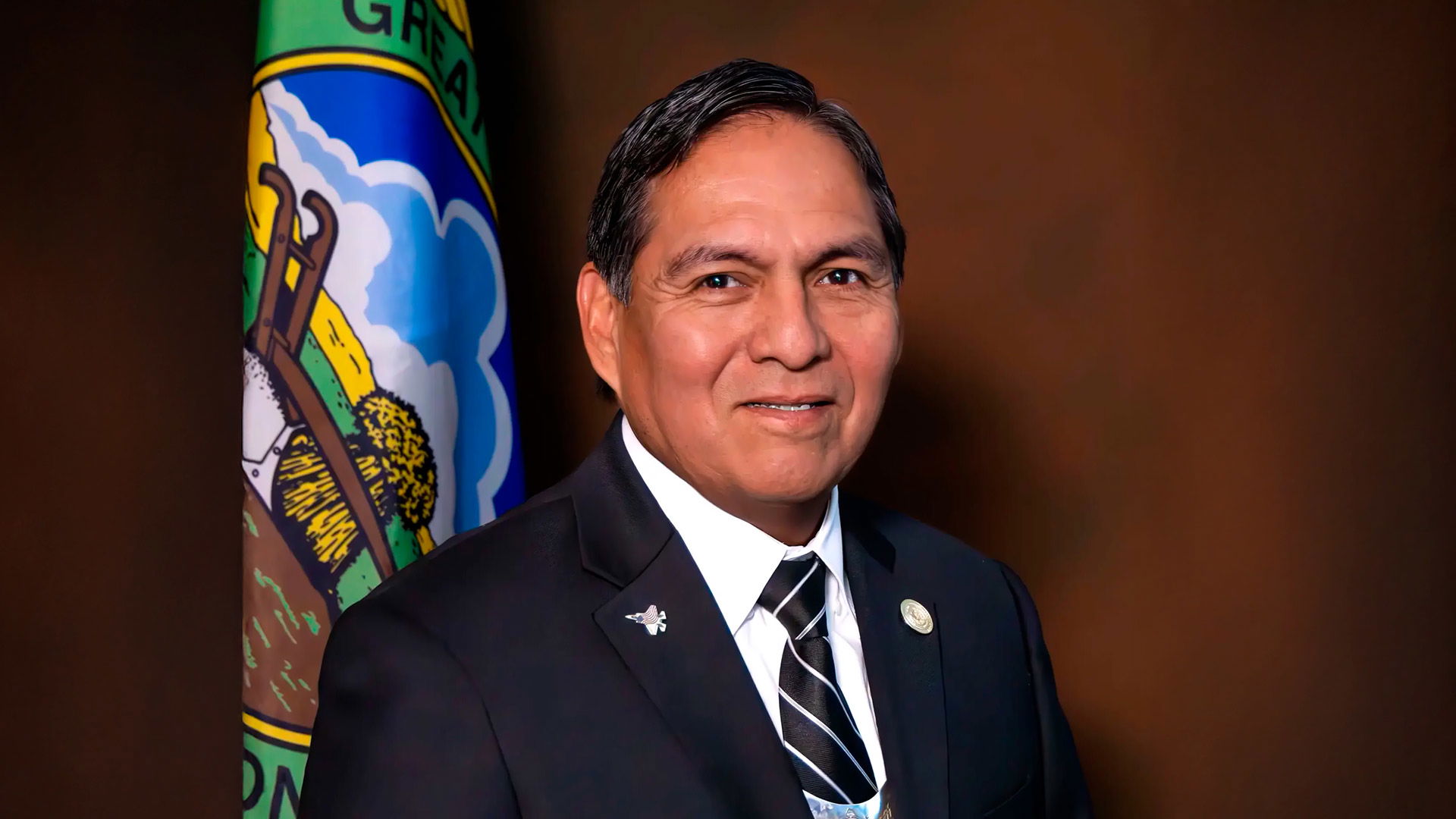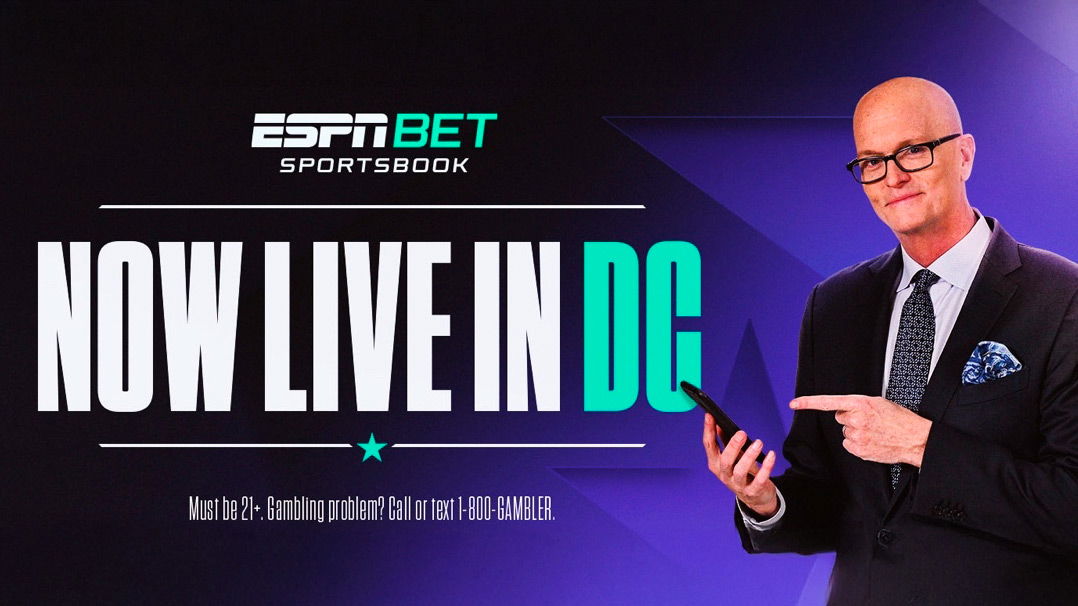Florida suit over Sands-backed gaming expansion continues in court after failure to enter Nov. ballot

The fight over a Las Vegas Sands-backed proposed constitutional amendment, which seeks to expand gambling in Florida, still advances in court almost two months since the effort failed to submit enough signatures in time to make it onto the November ballot.
Political committee Florida Voters in Charge, which has received about $70 million from gaming giant Sands, sought to allow existing card rooms to become casinos if located 130 miles from tribal facilities. The amendment attempted to open the door to casinos in North Florida, along the Interstate 10 corridor, geared toward a facility in the Jacksonville area.
However, although the committee failed to submit the required number of signatures by a Feb. 1 deadline, the fight for the gambling expansion is not over yet. The proposed amendment, which was heavily opposed by the Seminole Tribe of Florida, which spent about $40 million in its crusade, is still the source of debate in court.
The Sands-backed committee first filed a lawsuit asking Leon County Circuit Judge John Cooper to extend the deadline for submitting nearly 900,000 valid petition signatures, shortly after missing the February date.
However, last month Cooper denied the emergency request, which led the committee to soon after file a notice of appeal at the 1st District Court of Appeal. Florida Voters in Charge has now dropped the appeal, but the underlying lawsuit continues, reports News Service of Florida.
The lawsuit names Secretary of State Laurel Lee as a defendant, and accuses elections officials of sitting on piles of petitions signed by voters in support of the proposal. It also challenged signature-matching requirements used by local elections officials, arguing that thousands of signatures were rejected without giving voters the opportunity to “cure” signature mismatches, and alleged that certain Florida laws governing ballot-initiative processes are unconstitutional.
In February, Cooper allowed the Seminoles and the tribe-funded political committee Standing Up for Florida to intervene in the suit. And in a March motion for summary judgment, attorneys for the committee now said the judge should reject the arguments that election officials failed to review the petitions in a prompt manner as required by law, further reports the cited source.
“Plaintiffs were on notice, both by statute and rule, that there was no assurance their petitions would be processed by February 1 if they were submitted after January 3. They should not now be heard to complain that some petitions submitted after January 3 might not have been processed. In any case, the issue is academic at best,” lawyer William Shepherd wrote.
The motion also cites an analysis of public records which found that elections officials ultimately processed all petitions submitted before the 5 pm deadline on Feb. 1. The total number of petitions verified was 859,675, short of the 891,603 signatures required for ballot placement.
Additionally, the report found that the verification rate of petitions supporting the initiative was 17.17%, down from the average rates for petitions that made the threshold for ballot placement, which typically exceeded 50%.
According to the News Service of Florida, Florida Voters in Charge filed last Wednesday a motion for a protective order “to protect plaintiffs and seven nonparties from annoyance, harassment, and undue burden resulting from overbroad and irrelevant discovery requests served by, or proposed to be served by,” Standing Up for Florida.
The motion alleges that the plaintiffs and the secretary of state have not served any discovery requests for information and are “actively negotiating” a factual stipulation and proposed summary judgment briefing schedule “that would avoid altogether the need for formal discovery.”
According to Jesse Panuccio, who represents both Florida Voters in Charge and its chairman, intervenors have served “extraordinarily broad discovery requests” on the plaintiffs while planning on serving “equally broad document subpoenas” on seven nonparties.
“Intervenors have offered little basis for their legal interest in the questions at issue in this case, and instead have said their interest in the proceedings is purely as plaintiffs’ political opponents,” argued Panuccio, while adding intervenors “now seek to turn this matter into a scorched-earth discovery fight so they can inflict financial harm and delay” on their opponents.
Given that under Florida law signatures are only valid for one election cycle, supporters of the gaming proposal would have to start from scratch in order to secure placement on the 2024 ballot. Efforts for this year’s ballot found Sands and Seminoles clashing amid accusations of efforts to buy off signature gatherers, violations of state law, and sabotage.
















































